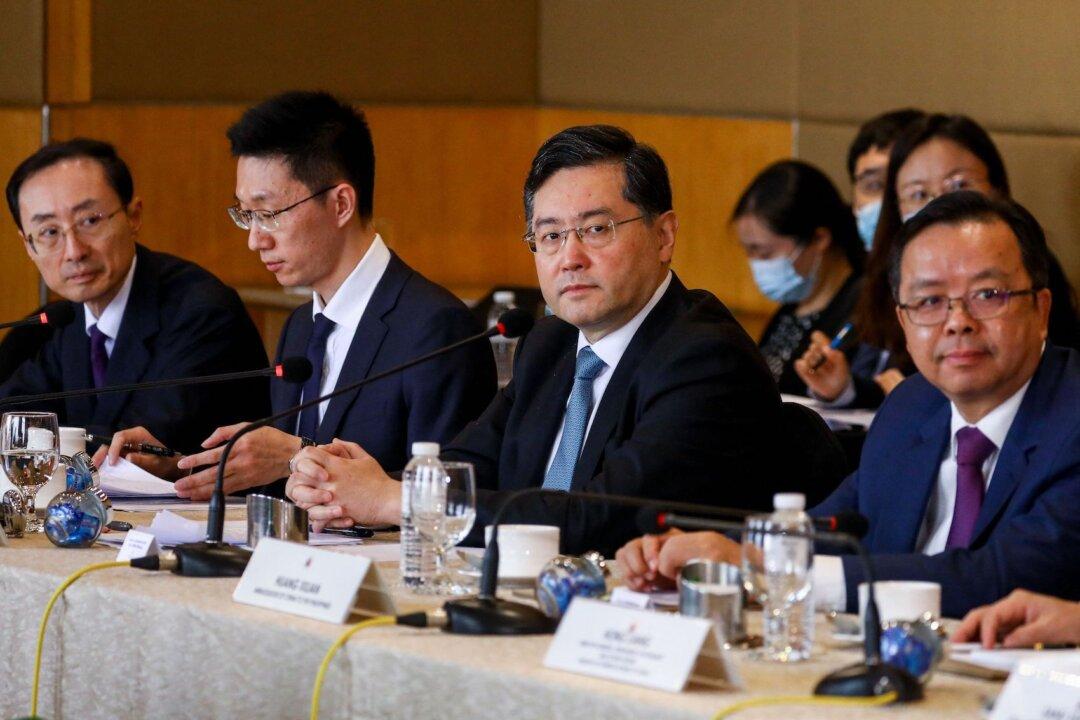Commentary
China is diminishing in the eyes of most of the rest of the world, especially with other Asians. That is a key conclusion to emerge from a massive global survey conducted by the famous Pew Research Center.

China is diminishing in the eyes of most of the rest of the world, especially with other Asians. That is a key conclusion to emerge from a massive global survey conducted by the famous Pew Research Center.